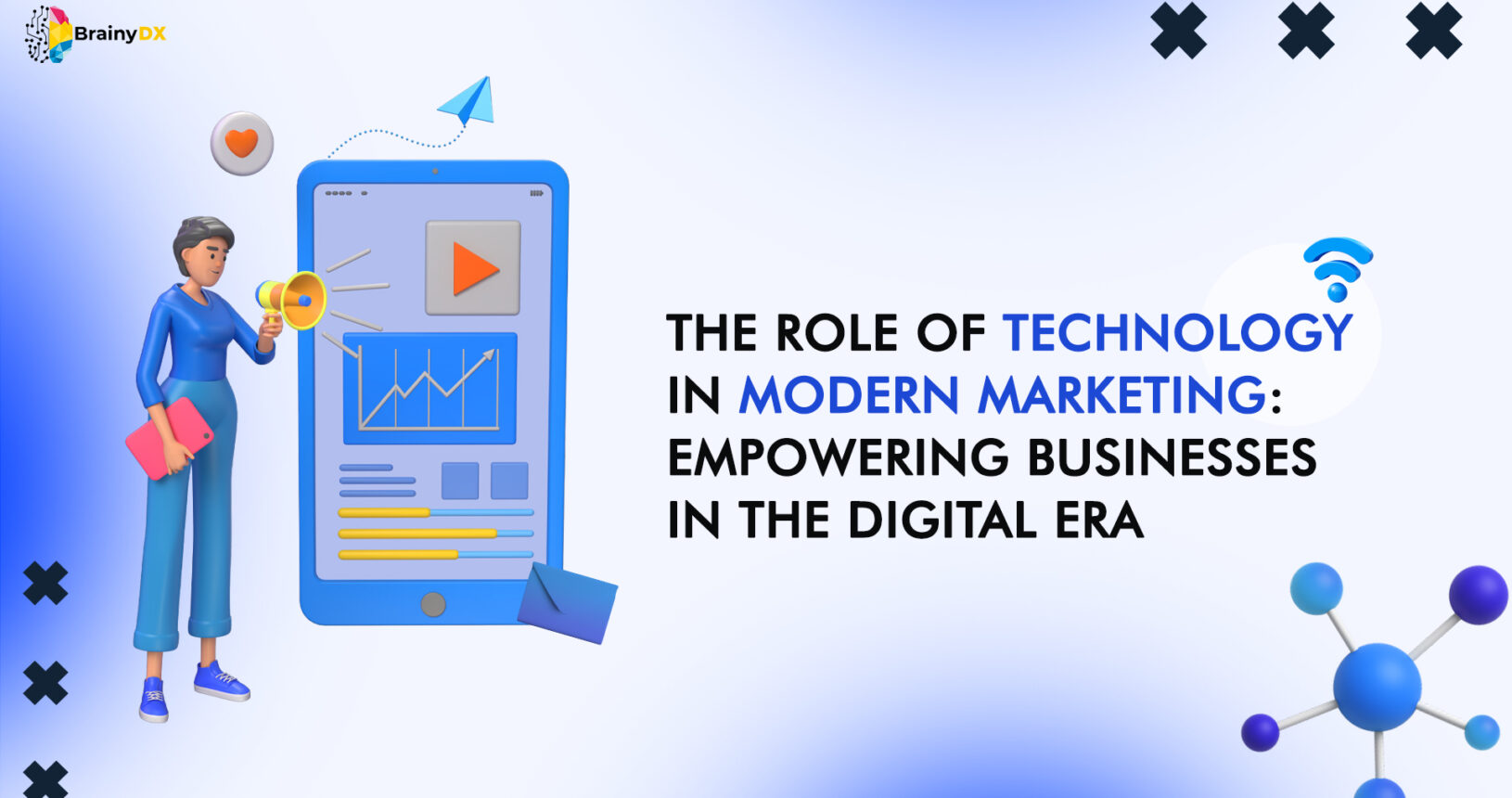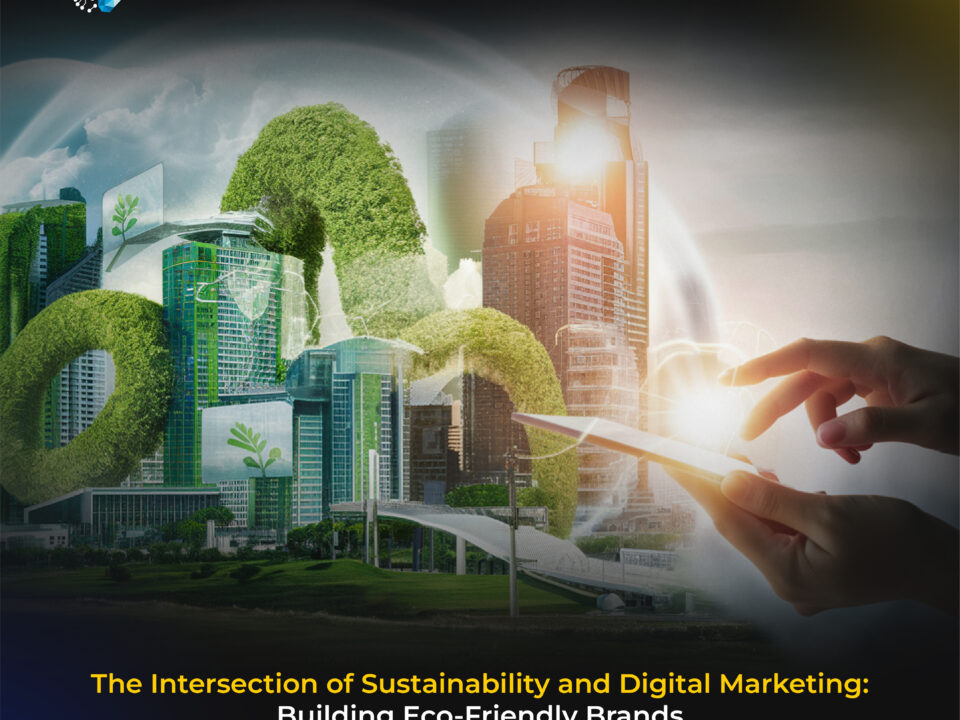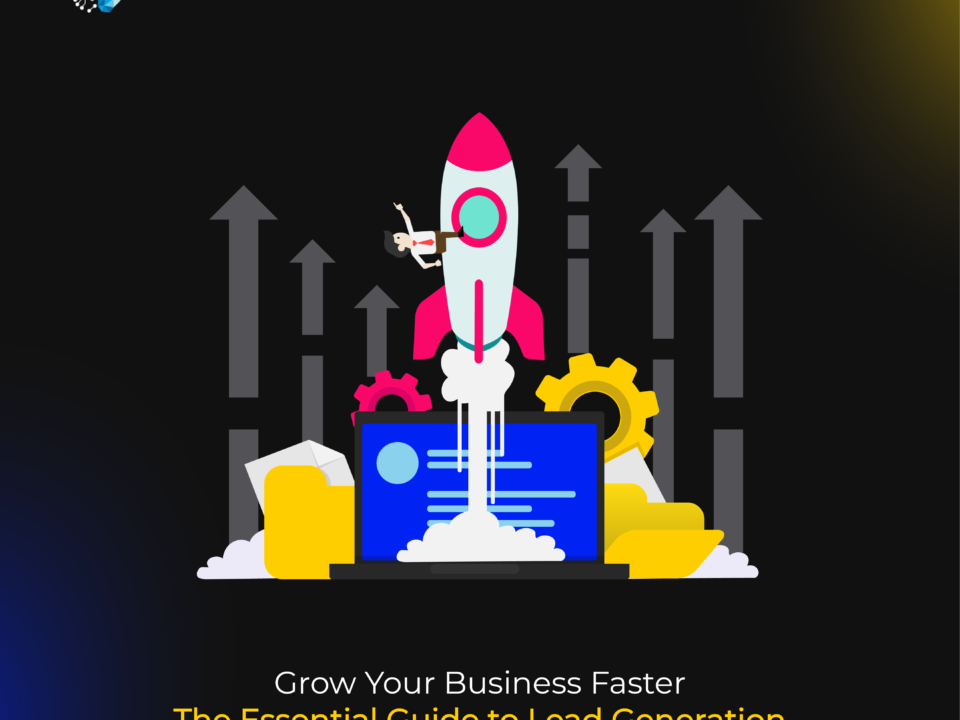The Role of Technology in Modern Marketing :Empowering Businesses in the Digital Era
The Role of Technology in Modern Marketing :Empowering Businesses in the Digital Era

The Role of Technology in Modern Marketing :
Empowering Businesses in the Digital Era
In today’s rapidly evolving business landscape, technology has emerged as a driving force behind marketing transformations. The digital era has ushered in unprecedented opportunities for businesses to connect with their audience, understand their preferences, and deliver personalized experiences. This blog explores the multifaceted role of technology in modern marketing and how it empowers businesses to thrive in the digital age.
1. Data-Driven Decision Making
Technology provides businesses with access to an abundance of data. Every click, like, share, and purchase leaves a digital footprint that marketers can analyze. With tools like Google Analytics, customer relationship management (CRM) systems, and sophisticated data analytics platforms, businesses can gather and interpret vast amounts of data to make informed decisions.
By tracking and analyzing consumer behaviour, businesses can understand what works and what doesn’t in their marketing strategies. This data-driven approach helps in optimizing campaigns, targeting the right audience, and allocating resources efficiently.
2. Personalization and Customer Engagement
Modern consumers expect personalized experiences. Technology enables businesses to create tailored marketing campaigns that speak directly to individual preferences and needs. With marketing automation, email segmentation, and artificial intelligence (AI) algorithms, companies can send personalized messages at the right time and on the right channel.
Personalization not only boosts customer engagement but also enhances brand loyalty. When consumers feel understood and valued, they are more likely to become repeat customers and advocates for the brand.
3. Social Media and Influencer Marketing
Social media platforms have become integral to modern marketing. Businesses use social media for brand awareness, customer engagement, and community building. With features like paid advertising and influencer partnerships, companies can extend their reach and target specific demographics.
Influencer marketing is a prime example of technology-driven marketing. Businesses collaborate with influencers who have a large and engaged following on platforms like Instagram, YouTube, and TikTok. This partnership leverages the influencer’s reach and authenticity to promote products and services effectively.
4. E-commerce and Mobile Marketing
The rise of e-commerce and mobile shopping has transformed the way businesses market and sell their products. Mobile apps, responsive websites, and mobile payment solutions have made it convenient for consumers to shop from their smartphones.
Mobile marketing strategies, including location-based marketing and mobile app advertising, enable businesses to target consumers based on their real-time location and preferences. This level of precision in marketing was inconceivable before the digital era.
5. Content Marketing and SEO
Technology has also revolutionized content marketing. Content management systems (CMS) like WordPress, SEO tools, and content creation platforms have made it easier for businesses to produce, optimize, and distribute content.
Search engine optimization (SEO) has become a cornerstone of content marketing. By understanding the algorithms that search engines use to rank content, businesses can create content that ranks well in search results, increasing visibility and organic traffic.
6. Marketing Automation
Marketing automation tools streamline and simplify marketing tasks, making it possible for businesses to manage campaigns with greater efficiency. Email marketing, lead nurturing, and customer relationship management are just a few areas where automation is particularly effective.
With marketing automation, businesses can schedule and personalize email campaigns, track engagement, and nurture leads automatically. This not only saves time but also ensures that leads are consistently engaged throughout the sales funnel.
7. Analytics and Performance Measurement
Modern marketing is all about measuring results and iterating for improvement. Technology provides businesses with advanced analytics and reporting tools that offer insights into campaign performance. Marketers can track key performance indicators (KPIs), such as conversion rates, click-through rates, and Return on investment (ROI).
By analyzing the data, businesses can identify what’s working and what’s not, allowing for adjustments to marketing strategies in real-time. This data-driven approach maximizes the efficiency and effectiveness of marketing campaigns.
conclusion
Technology has transformed marketing into a dynamic and data-driven discipline. The digital era empowers businesses to connect with their audience, understand their preferences, and deliver personalized experiences. By harnessing the capabilities of modern technology, businesses can stay competitive, adapt to changing consumer behaviors, and thrive in the ever-evolving digital age. It’s clear that the role of technology in modern marketing is not just significant; it’s indispensable.





